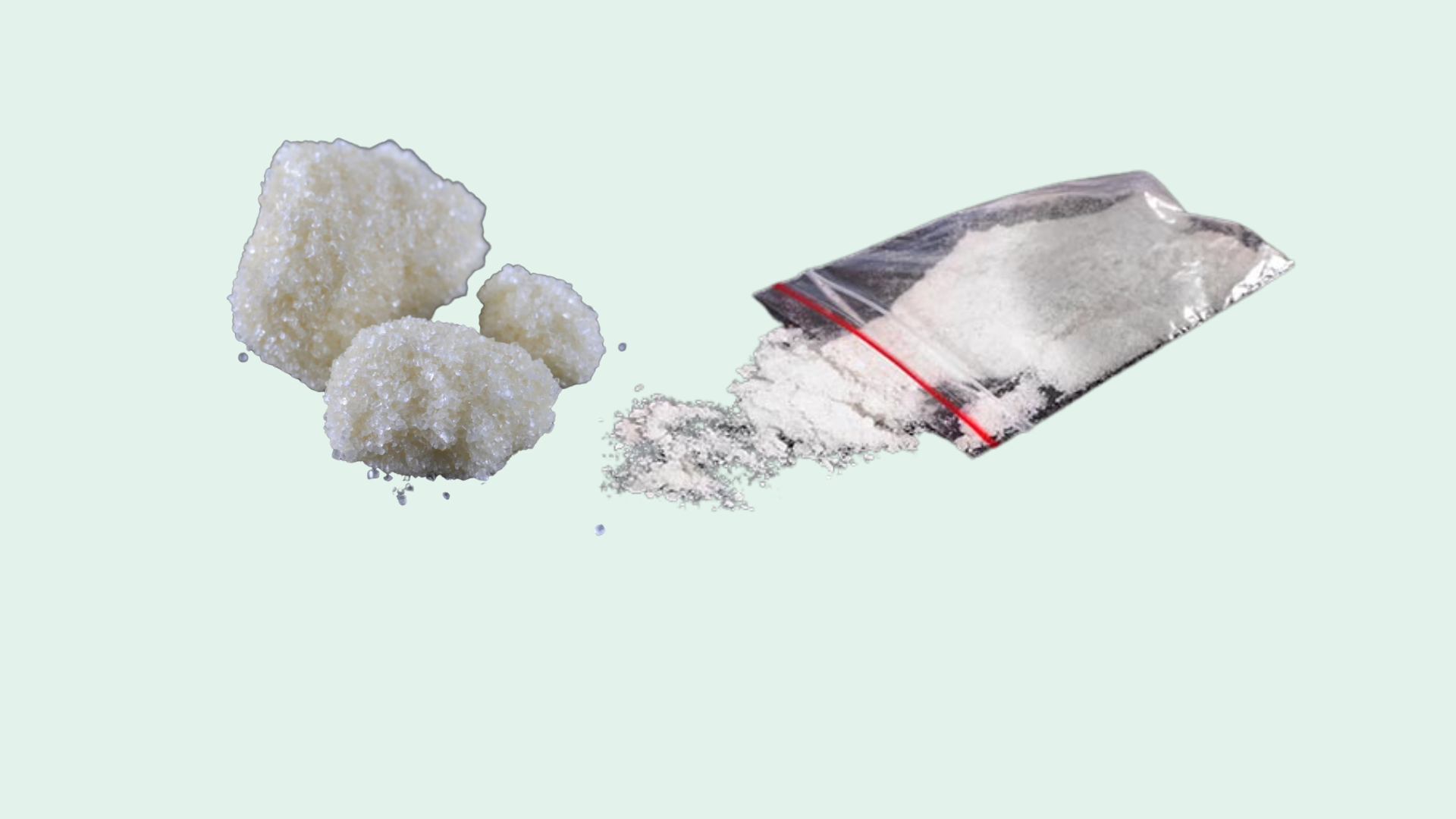Understanding Cocaine Abuse
The short-lived high from cocaine comes from increased dopamine levels in the brain that create feelings of increased energy, heightened alertness, confidence and euphoria. This often leads people to misuse the drug. There is a substantial risk of addiction as well as the danger of toxic results when using cocaine. Habitual use can have severe short-term and long-term physical and psychological effects.
If you feel that you or someone you know is struggling with cocaine abuse, there a few signs to identify.
Physical and Behavioral Signs of Cocaine Addiction
The signs of cocaine abuse can vary among users, but there are some common signs that include:
- Dilated pupils
- Insomnia
- Nosebleeds
- Headache
- Seizures
- Runny nose or sniffling
- Rapid weight loss
- Increased heart rate
- High energy
- Track marks (if injected)
- Increased blood pressure
- Excessive sweating
- Twitching
- Respiratory issues (if smoked)
- Tremors
- Dental problems (especially when smoked)
- Skin damage
- Binge use – using the drug repeatedly within short periods
- Paranoia
- Anxiety
Cocaine can also impact the user’s personality causing erratic mood swings and irritability. You may feel as though the person has “changed,” however, this is the cocaine addiction taking over and healing is possible. You may also notice your loved one creating elaborate lies, isolating themselves, and struggling to manage their finances.
Cocaine use can have a deep impact on a person’s well-being, their health, relationships and overall quality of life. It is important to recognize the signs of cocaine abuse and take steps toward a recovery plan.
Psychological Signs of Cocaine Addiction
Cocaine addiction has significant psychological effects, many of which develop over time as the brain’s reward system is disrupted. These can affect a person’s behavior, mood and even their cognitive functioning.
Here are some key psychological signs of cocaine addiction:
- Depression
- Anxiety
- Paranoia
- Intense cravings
- Using despite negative consequences
- Mood swings
- Hallucinations
- Impulsivity
- Poor judgement
- Obsessive thinking
- Tactile hallucinations (feeling of insects crawling under the skin)
- Cognitive impairment (difficulty with making decisions, concentrating, problem-solving)
- Agitation and irritability as the drug effects wear off
- Lack of motivation
- Overconfidence or feeling of invincibility
- Sleep disturbance
- Aggressiveness
- Loss of interest in daily life, relationships, work, hobbies
- Suicidal thoughts
- Social anxiety
- Isolation
Impact of Cocaine Addiction
Cocaine addiction is a chronic condition seen when a person continues to use the drug despite negative side effects. Addiction can have a profound impact on all parts of life – physical health, mental well-being, work, relationships and daily functioning. These issues make it challenging for a person to break free from addiction, but there is help available.
Getting Help for Cocaine Addiction
Recognizing the need for help is a courageous first step in the recovery journey. It is crucial to have the guidance of trained professionals as well as the support of loved ones or support groups that can give much-needed encouragement and assistance in overcoming addiction. Sharing this journey can help ease the burden as you take back your life!
Detoxification: Supervised medical detox can manage withdrawal symptoms safely.
Therapy: Treatment in either an inpatient or outpatient setting provides support, counseling and other programs to address co-occurring mental health issues, discover the underlying causes of addiction and develop coping strategies to avoid relapse.
Support Groups: Getting the support of others with shared experiences can help with the emotional aspects of recovery and keep you on track with your sobriety journey.
Recognizing the impact of cocaine addiction is critical in seeking treatment and support. It is important to address all aspects of addiction to help with more effective recovery outcomes.

